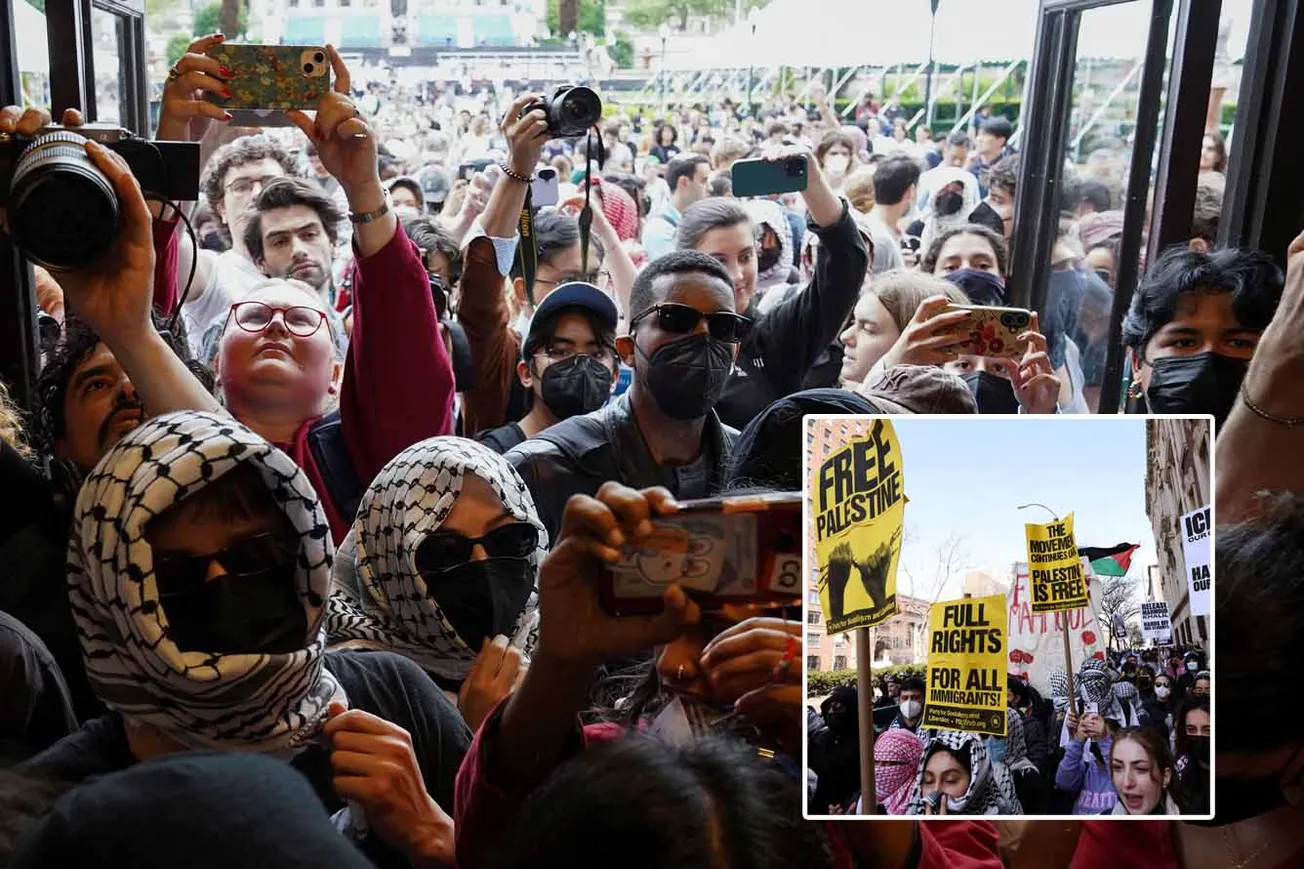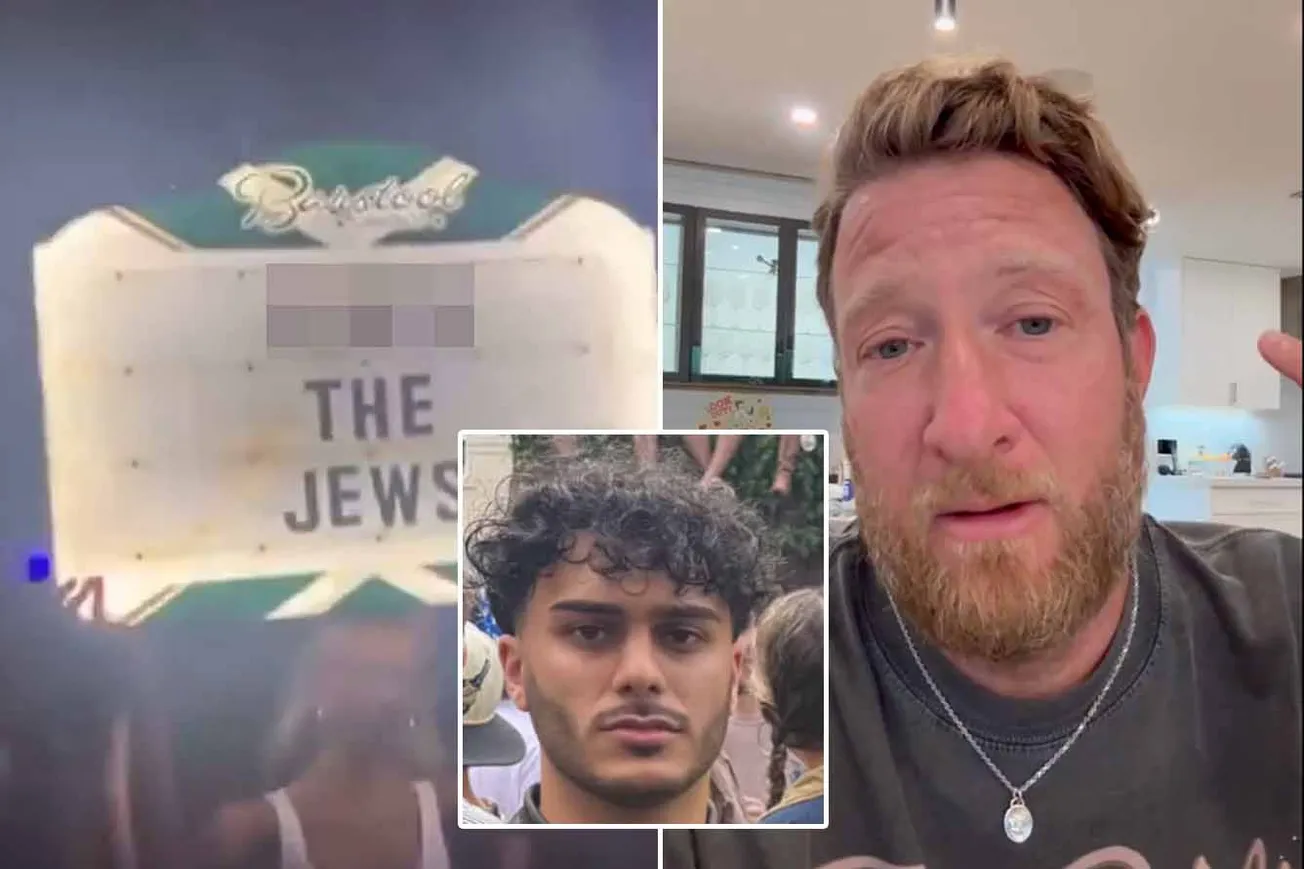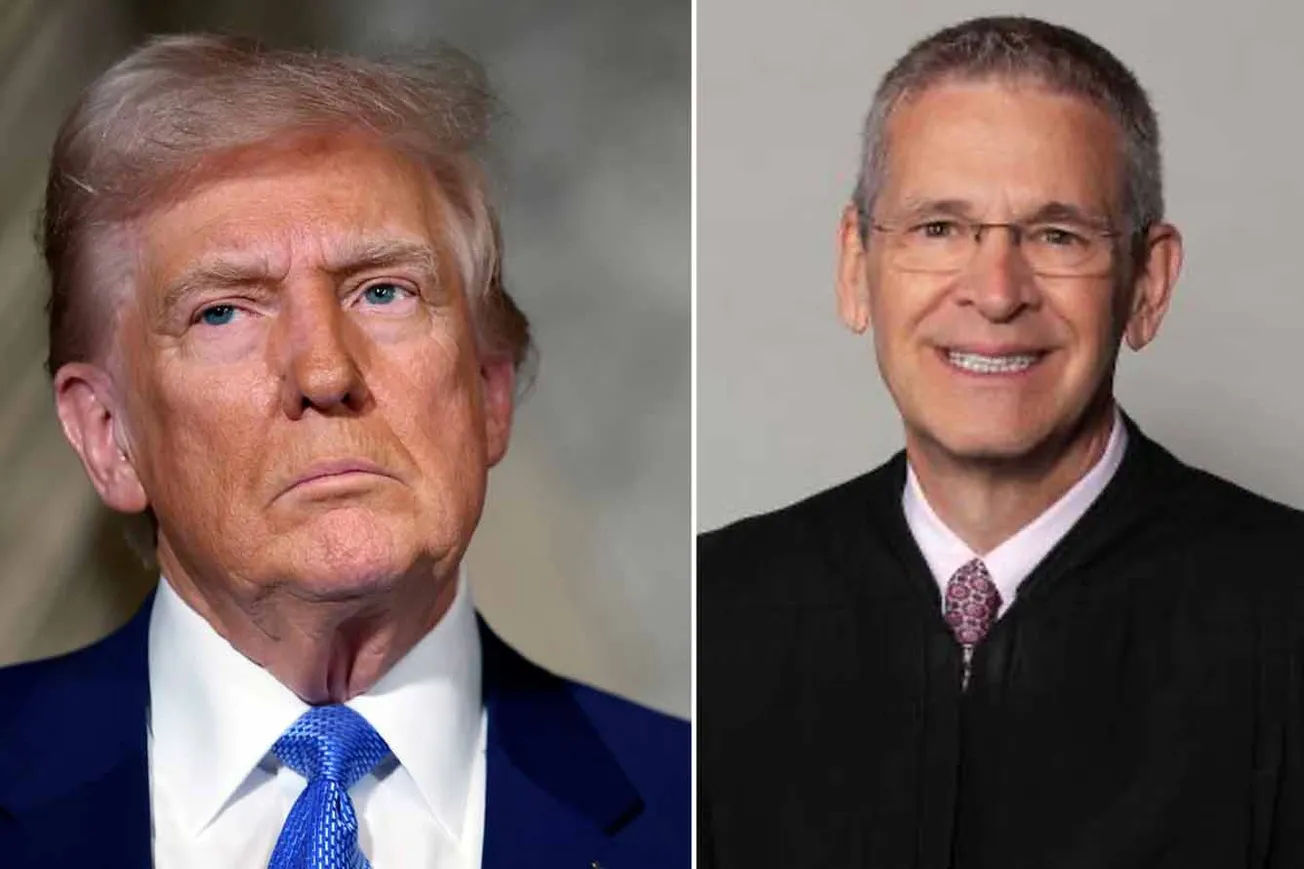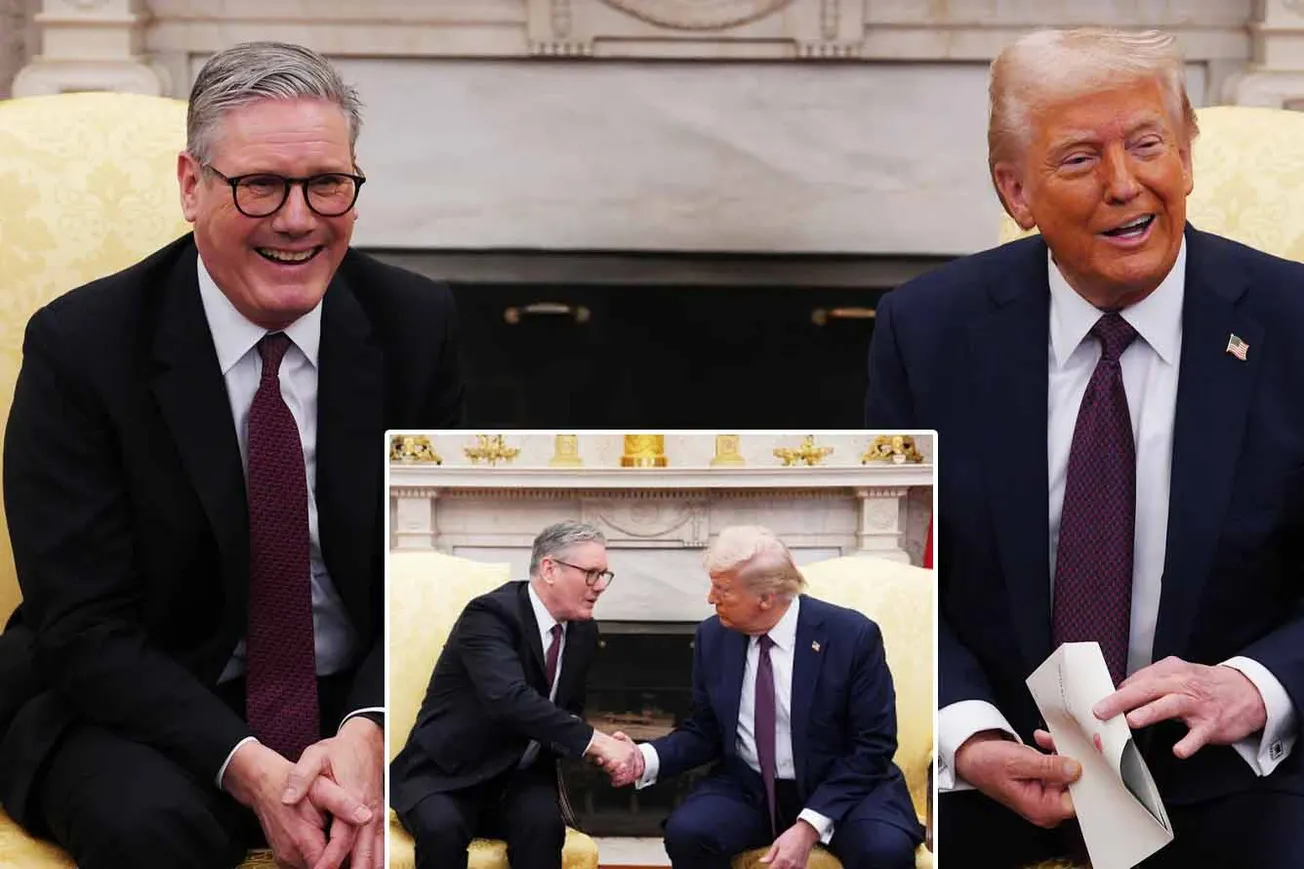The marble halls of Columbia University’s Butler Library, typically hushed with the scribble of pencils during finals week, erupted in chaos on May 7, 2025, as over 100 masked protesters stormed through its doors.
Chanting “Free Palestine!” and declaring the library a “liberation zone” in solidarity with Gaza, the agitators pushed past campus security, disrupting students immersed in exams.
The takeover, a brazen escalation of anti-Israel protests that have roiled Columbia since April 2024, has thrust the university into a crucible: Is this a righteous cry for justice, or a reckless assault on the heart of higher education?
The Butler Library occupation, reported by Fox News, targeted a critical academic hub at a pivotal moment—finals season.
Videos showed protesters blocking entrances, preventing students from accessing study spaces. Columbia’s interim president, Katrina Armstrong, condemned the action in a statement: “This is an assault on our students’ right to learn. We will not tolerate violations of university policy that endanger our community.”
Exterior Footage of Butler Library Masked Protestors
The incident follows the April 2024 takeover of Hamilton Hall, where protesters smashed windows and held janitors hostage, an event former Attorney General Bill Barr, representing the workers, called a “hate-fueled, premeditated attack.”
Protesters, organized under the “Gaza Solidarity” banner, framed their actions as a necessary stand against injustice. “Columbia must divest from companies profiting off Israel’s war,” a student organizer told the Columbia Spectator, demanding financial transparency and amnesty for disciplined activists.
The choice of Butler Library, a symbol of academic prestige, was deliberate, aimed at forcing the administration’s hand. Yet, the timing—disrupting finals—has drawn sharp criticism from peers struggling to focus on exams amid the unrest.
Accusations of antisemitism have intensified the controversy, heightening fears among Jewish students. A 2024 Antisemitism Task Force report detailed incidents of harassment, including students being called “Zionist pigs” or confronted with swastika flyers.
During the Hamilton Hall occupation, janitors Mariano Torres and Lester Wilson, now suing over 40 protesters, alleged they were assaulted and subjected to slurs like “Jew-lovers.” Barr, their attorney, was unequivocal: “These weren’t protests; they were violent, antisemitic riots.”
Rep. Elise Stefanik, R-N.Y., vowed congressional action, stating, “Columbia has enabled radical pro-Hamas mobs, putting Jewish members at risk.”
The involvement of “outside agitators” has further complicated the narrative. On May 7, 2025, New York Mayor Eric Adams announced NYPD intervention, stating, “At the written request of Columbia University, the NYPD is entering the campus to remove individuals who are trespassing. We will not tolerate hate or violence in any form in our city.”
At the written request of @Columbia University, the NYPD is entering the campus to remove individuals who are trespassing. We will not tolerate hate or violence in any form in our city.
— Mayor Eric Adams (@NYCMayor) May 7, 2025
Read my full statement on today’s events at Columbia. pic.twitter.com/qGSKBDOHkg
Adams, speaking at a press conference, emphasized that “external actors” were escalating the protests, a claim he made about earlier 2024 demonstrations when nearly half of Hamilton Hall arrestees were unaffiliated with Columbia.
Authorities have previously linked some protest training to groups like the Popular Front for the Liberation of Palestine, a U.S.-designated terrorist organization, though direct evidence for the Butler Library incident remains limited.
Columbia’s response has been a lightning rod for criticism. In 2024, then-president Minouche Shafik negotiated with protesters, extending deadlines to avoid mass arrests—a move critics deemed lenient.
“I am deeply saddened by what is happening on our campus,” Shafik said before resigning. The university’s 2025 shift to expulsions, including three Barnard students for the Hamilton Hall occupation and two for disrupting a class with antisemitic flyers, signals a tougher stance.
Yet, unrest persists. A Columbia professor, speaking anonymously to the New York Post, blamed faculty for stoking tensions: “Some colleagues encourage this, living out revolutionary fantasies at students’ expense.”
The human toll is stark. Jewish students describe a campus where chants of “From the river to the sea” foster fear. “Jewish students don’t feel safe,” Rep. Jared Moskowitz, D-Fla., told reporters, citing Title VI violations.
Janitors like Torres, a 20-year Columbia employee, recount trauma from being barricaded in Hamilton Hall. “They screamed at us, called us names,” he said in court filings.
Protesters insist their fight targets Israeli policy, not Jewish identity. “We’re against oppression, not anyone’s religion,” a student organizer told the Columbia Spectator.
With national figures, from Stefanik to congressional Democrats, demanding accountability, the stakes are soaring. The Butler Library, once a haven for scholarship, now stands as a contested symbol. “Columbia must act decisively to protect its community,” Moskowitz urged. Yet, as protests swell, a question looms: Can the university reclaim its campus as a place of learning, or will it become a permanent stage for ideological warfare?
Please leave your opinions / comments on these stories below, we appreciate your perspective!






![They Silenced the Experts: Dr. Drew Blows the Whistle on COVID Cover-Up [WATCH]](/content/images/size/w1304/format/webp/2025/05/covid-leftist-extremism.png)
Conversation